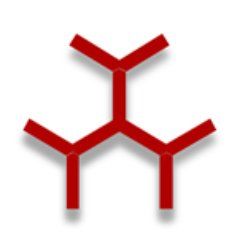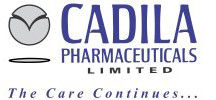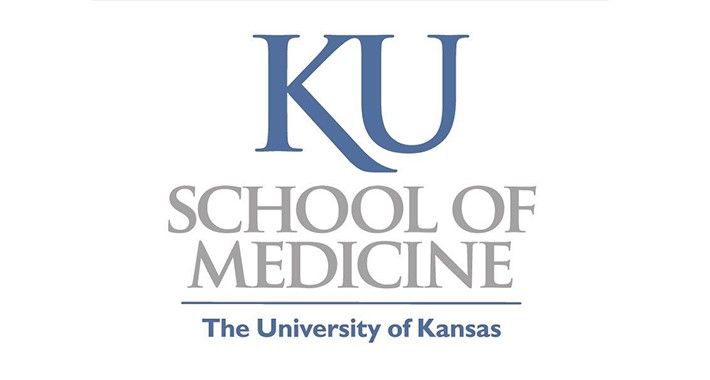预约演示
更新于:2025-05-07

National Institute of Immunology
更新于:2025-05-07
概览
标签
感染
肿瘤
呼吸系统疾病
小分子化药
治疗性疫苗
疾病领域得分
一眼洞穿机构专注的疾病领域
暂无数据
技术平台
公司药物应用最多的技术
暂无数据
靶点
公司最常开发的靶点
暂无数据
| 排名前五的药物类型 | 数量 |
|---|---|
| 小分子化药 | 3 |
| 治疗性疫苗 | 1 |
| 排名前五的靶点 | 数量 |
|---|---|
| TLR2(Toll样受体2) | 1 |
| CD206(巨噬细胞甘露糖受体-1) | 1 |
| Siglec | 1 |
关联
4
项与 National Institute of Immunology 相关的药物靶点 |
作用机制 TLR2激动剂 |
最高研发阶段批准上市 |
首次获批国家/地区 印度 |
首次获批日期1998-01-01 |
靶点 |
作用机制 CD206调节剂 |
在研适应症 |
非在研适应症- |
最高研发阶段临床前 |
首次获批国家/地区- |
首次获批日期- |
IN202111026912
专利挖掘靶点 |
作用机制- |
在研适应症 |
非在研适应症- |
最高研发阶段药物发现 |
首次获批国家/地区- |
首次获批日期- |
1
项与 National Institute of Immunology 相关的临床试验NCT01508533
Disease Burden Study and Site Preparation for Planning and Implementation of the Phase III Trials for the Oral Rotavirus Vaccine 116E
This study was designed to support site preparation and to conduct a disease burden study for the planning and implementation of the phase III trials for the oral rotavirus vaccine 116E.
开始日期2009-07-01 |
申办/合作机构 |
100 项与 National Institute of Immunology 相关的临床结果
登录后查看更多信息
0 项与 National Institute of Immunology 相关的专利(医药)
登录后查看更多信息
2,005
项与 National Institute of Immunology 相关的文献(医药)2025-12-31·Gut Microbes
Bacillus coagulans
ameliorates inflammatory bone loss in post-menopausal osteoporosis via modulating the “Gut-Immune-Bone” axis
Article
作者: Sapra, Leena ; Saini, Chaman ; Srivastava, Rupesh K. ; Manhas, Vikrant ; Gupta, Sarika ; Garg, Bhavuk ; Mishra, Pradyumna K.
2025-07-01·Biochimica et Biophysica Acta (BBA) - Proteins and Proteomics
Crystal structure of thymidine kinase from the multi-drug resistant col strain of Staphylococcus aureus
Article
作者: Pal, Ravi Kant ; Ashraf, Anam ; Hassan, Md Imtaiyaz
2025-06-01·Current Opinion in Pharmacology
Balancing genome integrity and carcinogenesis: Insights into DNA damage response, repair pathways, and cancer therapies
作者: Sharma, Sudha ; Dhar, Srijita ; Sengupta, Sagar
100 项与 National Institute of Immunology 相关的药物交易
登录后查看更多信息
100 项与 National Institute of Immunology 相关的转化医学
登录后查看更多信息
组织架构
使用我们的机构树数据加速您的研究。
登录
或

管线布局
2026年02月28日管线快照
管线布局中药物为当前组织机构及其子机构作为药物机构进行统计,早期临床1期并入临床1期,临床1/2期并入临床2期,临床2/3期并入临床3期
药物发现
2
1
临床前
批准上市
1
登录后查看更多信息
当前项目
| 药物(靶点) | 适应症 | 全球最高研发状态 |
|---|---|---|
Cadi-05 ( TLR2 ) | 麻风 更多 | 批准上市 |
NCGC00413972 ( CD206 ) | 病毒感染 更多 | 临床前 |
IN202111026912 ( Siglec ) | 肿瘤 更多 | 药物发现 |
US11485714 | 感染 更多 | 药物发现 |
登录后查看更多信息
药物交易
使用我们的药物交易数据加速您的研究。
登录
或

转化医学
使用我们的转化医学数据加速您的研究。
登录
或

营收
使用 Synapse 探索超过 36 万个组织的财务状况。
登录
或

科研基金(NIH)
访问超过 200 万项资助和基金信息,以提升您的研究之旅。
登录
或

投资
深入了解从初创企业到成熟企业的最新公司投资动态。
登录
或

融资
发掘融资趋势以验证和推进您的投资机会。
登录
或

生物医药百科问答
全新生物医药AI Agent 覆盖科研全链路,让突破性发现快人一步
立即开始免费试用!
智慧芽新药情报库是智慧芽专为生命科学人士构建的基于AI的创新药情报平台,助您全方位提升您的研发与决策效率。
立即开始数据试用!
智慧芽新药库数据也通过智慧芽数据服务平台,以API或者数据包形式对外开放,助您更加充分利用智慧芽新药情报信息。
生物序列数据库
生物药研发创新
免费使用
化学结构数据库
小分子化药研发创新
免费使用


